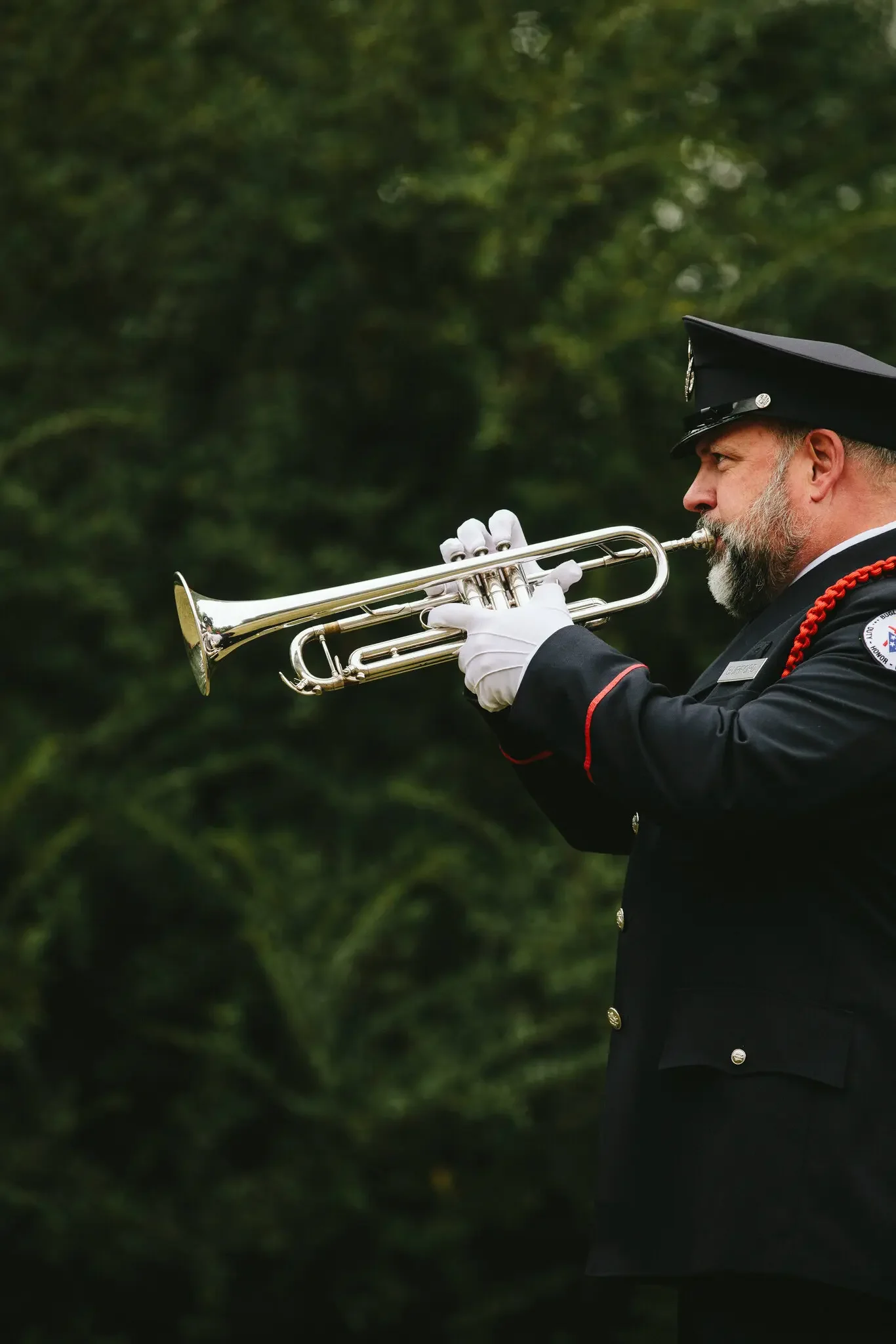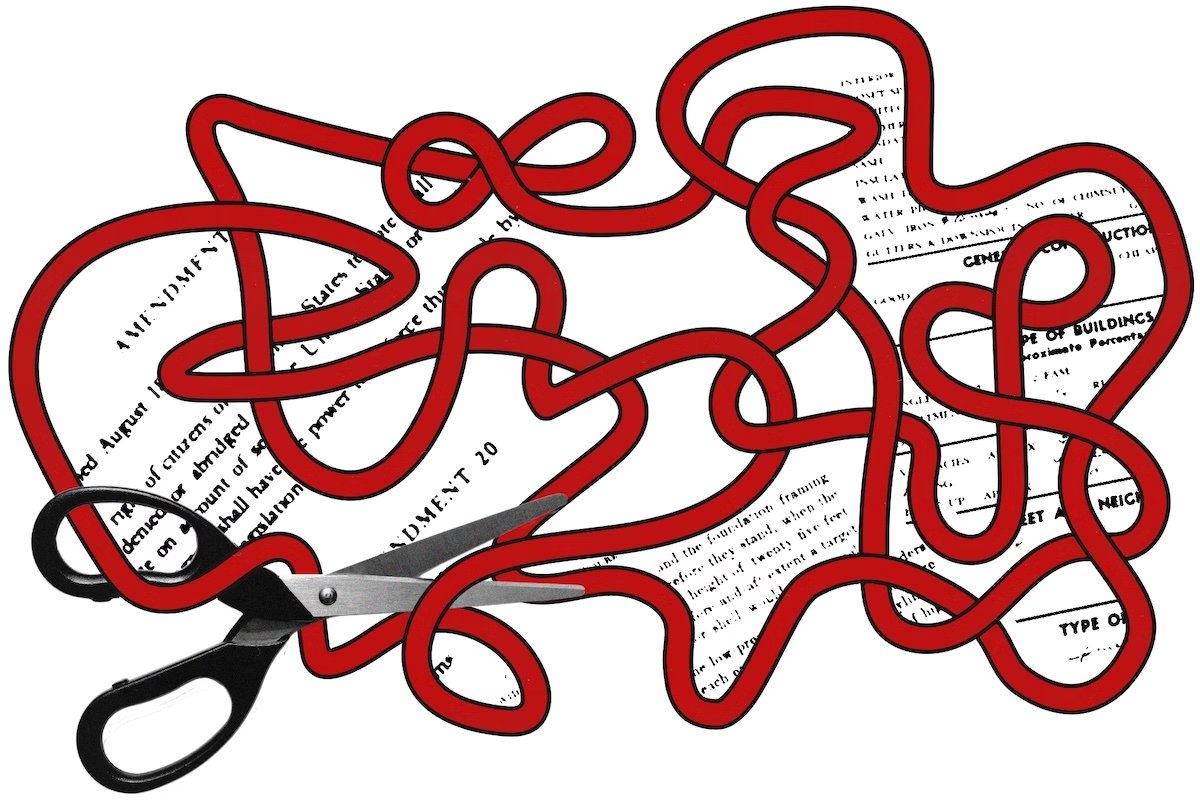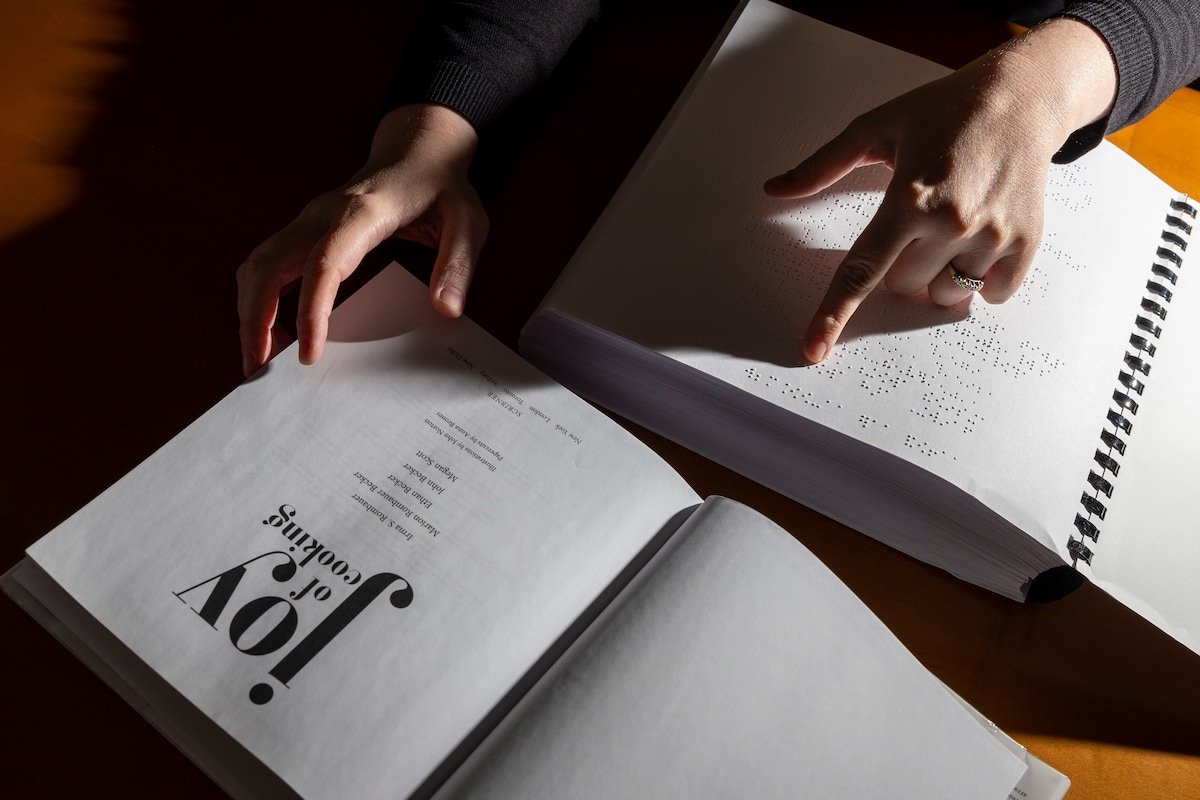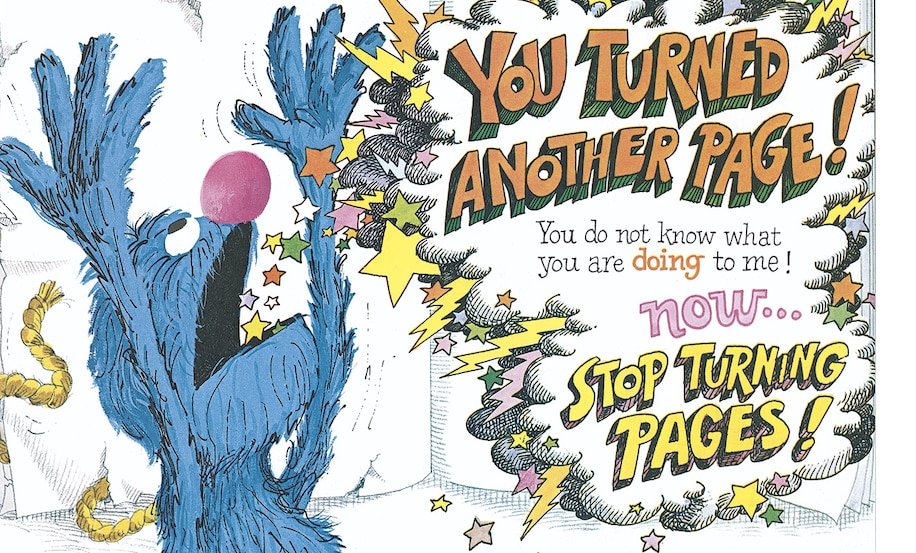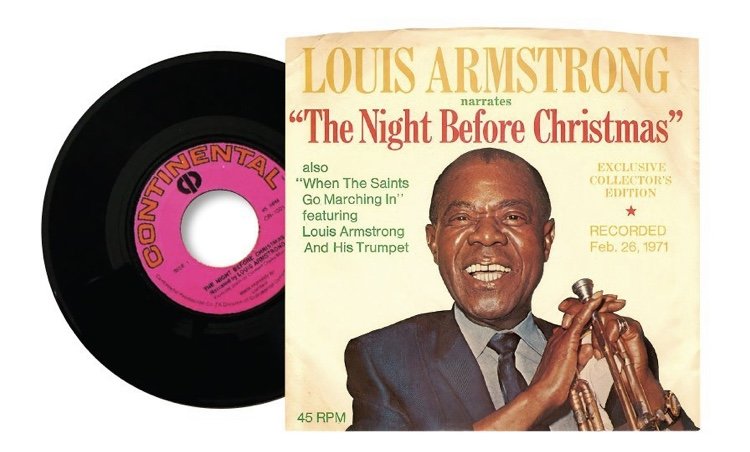The Volunteer Buglers Giving 24-Note Salutes
The New York Times / Thousands of musicians — civilians, veterans, teenagers, retirees — are playing taps at military funerals in a rebuke of technology. [Continue Reading]
Still a Whole Lot of Shakin’
Going On
The New York Times / By day, Sun Studio draws tourists who come to see the room where Elvis, Johnny Cash and Jerry Lee Lewis first made their mark. At night, after closing, musicians arrive in search of the old magic. [Continue Reading]
How ‘Rudolph the Red-Nosed Reindeer’ (and Its Writer) Went Down in History
The New York Times / Johnny Marks wrote the beloved holiday song, as well as “Rockin’ Around the Christmas Tree.” But he felt pigeonholed by the success of “Rudolph.” [Continue Reading]
Stripping the Rust While Saving the Memories
The Washington Post / A South Carolina company best known for its cast-iron and carbon-steel cookware also runs a restoration service that has revived more than a thousand skillets, Dutch ovens and other pieces. Most of them date to generations long gone and, in many cases, are laden with meaning in the present. [Continue Reading]
The Guerrilla Poet of the Road
Outside Magazine / For a year and a half they sprouted along urban thoroughfares and dusty backroads from coastal Maine to the California desert: seemingly standard-issue road signs, but with directions that only point inward. Who was behind the signs, and why? And was anyone noticing? [Continue Reading]
They’re getting rid of
‘red tape’ in Washington. Literally.
The Washington Post / For 25 years, the National Archives has been working to rid itself of government red tape — through its gift shop. This is actual, physical tape: the red-dyed lengths of (nonadhesive) fabric that were used from the 1780s to the 1980s to bundle many of the nation’s documents, and that, according to the Archives, gave rise to “red tape” as shorthand for bureaucratic entanglements. [Continue Reading]
For Blind Cooks, Federal Program Puts Braille Recipes Within Reach
The Washington Post / An arm of the Library of Congress is bringing braille book ownership within closer reach than ever with a new, free print-on-demand service. Cookbooks have been one of the program’s more popular genres—a demand the library anticipated: Food is universal, it’s social and it’s “a messy prospect.” [Continue Reading]
The Navy’s Once-a-Year Poets
The Washington Post Magazine / Several times each day, U.S. Navy officers record the workaday vital signs of their ships, which might include a chronology of the ship’s movements or particulars of its anchorage. These are bone-dry administrative documents. But once a year, on the first watch of New Year’s Day, longstanding tradition holds that these entries can be written in verse. [Continue Reading]
How to Invent A musical instrument
The Washington Post Magazine / He invented an instrument that’s adored by Stevie Wonder, Jacob Collier and Harry Connick, Jr.; it’s been onstage at the Oscars and the Rock & Roll Hall of Fame. And still success has been a slow burn for the harpejji, a piano-guitar hybrid. But that’s beginning to change. [Continue Reading]
Finding the Face of an Anonymous, Black Civil War Soldier
The Washington Post Magazine / It was an unusual request for the FBI. The military’s National Museum of Health and Medicine was hoping the FBI would divine a face from an anonymous skull that likely belonged to an African American soldier — a skull that had been punched through by a 1-inch iron ball from a Confederate howitzer. [Continue Reading]
A Landmark of Screwball Metafiction … For Kids
The Washington Post / “The Monster at the End of This Book” turns 50 with nearly 13 million copies sold and a spot as one of the top-10 selling Little Golden Books of all time. It’s a long tail of influence that’s out of proportion with its slim 24 pages and its cardboard cover devoid of medallions. [Continue Reading]
A Legend’s Little-Known
Last Record
Smithsonian Magazine / Shortly before he died in 1971, Louis Armstrong recorded a reading of “The Night Before Christmas,” hewing to the words but making them his own in with an inimitable voice that glitters with joy. The album was distributed as a giveaway with the purchase of a carton of cigarettes. [Continue Reading] Plus: Hear all about the story on NPR’s “Morning Edition”
A Thousand Dawns
Hour Detroit Magazine / As a photographer in Michigan’s Upper Peninsula closes in on seeing every sunrise of the past three years, he wonders how far he can take it—and how far is too far. [Continue Reading]
Books*
*The first one spent a few months
on The New York Times bestseller list
